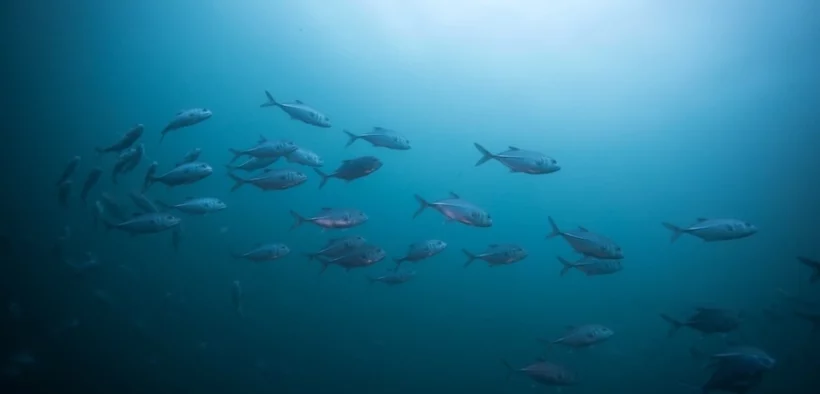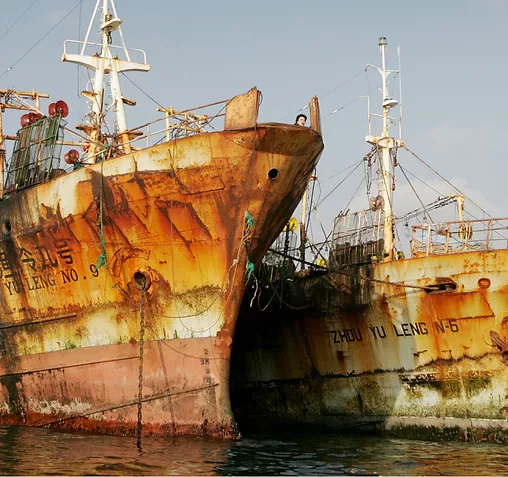Moratorium on Deep-Sea Mining: Critical Implications for Africa’s Fisheries and Blue Economy
Share

As Norway plans to grant licenses for deep-sea mining exploration as early as 2025, major fishing industry players in the European Union, under the umbrella of the Long Distance Advisory Council (LDAC), have voiced their deep concerns. They are calling for a moratorium on such extractive activities, emphasizing the potential threats to marine ecosystems and consequently to the fisheries that support coastal economies.
Joining their plea, the Environmental Justice Foundation (EJF) and the Deep Sea Conservation Coalition (DSCC) assert that deep-sea mining has the potential to inflict devastating impacts on marine biodiversity, particularly the fish stocks vital to food security and economic stability in Africa.
Across Africa, fisheries provide a crucial source of income and nutrition for millions. Deep-sea extractive activities, such as mining, could jeopardize this essential resource, leading to reduced catches and affecting the communities that rely on the sea for their livelihoods. Risks like sediment pollution, noise pollution, and the introduction of contaminants could diminish fish populations, harming sustainable fishing practices.
The blue economy, which encompasses all economic activities related to the ocean and seas, could also suffer from deep-sea mining. African nations are heavily reliant on fisheries not only for sustenance but also for economic development. The looming concerns over the environmental impact of mining underscore the urgent need to prioritize sustainability over short-term economic gains.
The LDAC stresses the precautionary principle, calling for a halt on extractive endeavors until critical knowledge gaps about the impacts are addressed. This plea is backed by a growing coalition of fishing organizations and NGOs globally, including those in Africa and coastal regions of Asia and the Pacific.
As Norway proceeds with its deep-sea mining plans, it finds itself at odds with a diverse range of stakeholders, from environmental agencies to fishing communities. Moreover, indigenous peoples and coastal communities also oppose such endeavors, fearing for the future of their resources and their very way of life.
Thus, the issue of deep-sea mining is not solely an environmental concern but also one of social justice and economic equity. As the world navigates pressing climate and environmental challenges, it is imperative that maritime policies consider the realities of coastal communities, particularly in Africa, where fisheries are more than just an industry but a lifeline for culture and economy.
The calls for a moratorium on deep-sea mining could, therefore, present a unique opportunity to refocus efforts on sustainable practices that protect marine resources while ensuring a resilient future for generations to come.

















